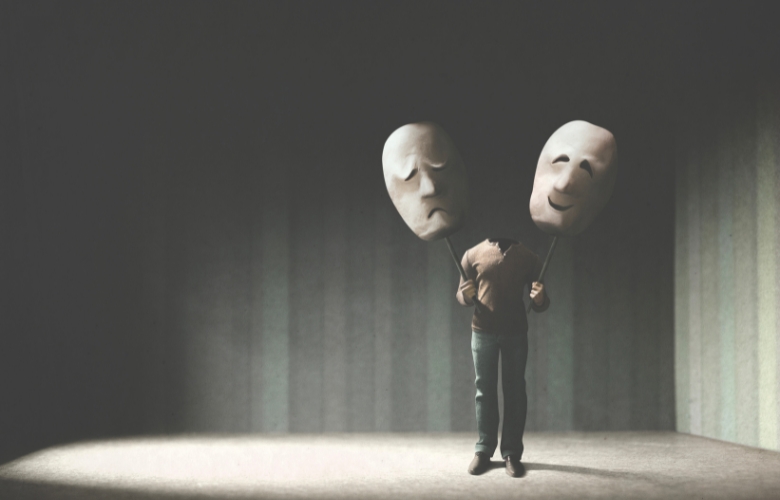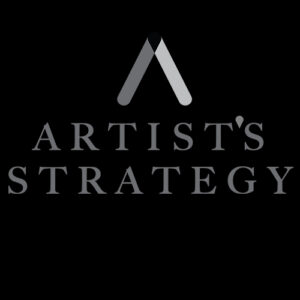
Oftentimes clients ask me if I ever get tired of acting. They want to know if the work ever gets too hard or too stressful to feel meaningful anymore. The answer to those questions, to my clients’ surprise, is always a resounding yes.
Here’s the thing: One of our core beliefs at Artist’s Strategy is that being an actor or a creative is a job like any other—one with boundaries, stressors, rough patches, and long windows of boredom, failure, and discouragement. We teach actors to not take the work personally, to separate the intrinsically personal and intimate aspects of their creative craft from the cold hard business principles that ensure their careers will thrive.
This is not a perspective most artists adopt easily. For one, we are often taught that, as actors, we must always love what we do, and the moment things get tough we should do ourselves and everyone around us a huge favor by quitting immediately and securing a full-time desk job instead. This is often accompanied by wishful, fate-filled messaging, reminding us that “If it’s meant to happen, it will happen.” Or that if we were truly meant to be actors, our success will come naturally, without much of a fight.
These beliefs are not only wrong—they are damaging. They teach us that our success lies not in our hands but at the mercy of some cosmic force, and that a creative life must feel, be, or unfold in a very particular way to count as legit.
Interestingly, you don’t hear leaders from any other profession give this sort of advice—because what kind of job doesn’t get old, tiring, or annoying? Even the most purpose-driven professions we can think of—firefighters, pediatricians, child welfare officers—have crappy days and seasons where the work feels more like a slog than a pleasure. Leaders in those professions don’t tell their underlings to quit. If anything, they tell them to stick it through, weather the dips, and work even harder than before.
In my 10 years in this industry, I have learned (the very hard way) to treat what I do as a profession, not as some nebulous or mystical calling that I must abandon the moment inspiration runs dry. And rather than discouraging me, this realization that I am running a money-making creative enterprise, with good days and bad, has only made me work harder.
This is a realization that should fire us up. It’s a realization that should reassure us that, even through tough times, acting is a profession worth pursuing. If we want to continue doing what we do, we must fully embrace the reality that we have bills to pay and that even a noble calling like acting is ultimately a job.
But the sad irony is that accepting this fact is why so many artists end up giving up in the first place. I have known dozens of highly gifted individuals who reached a point where they were unable to justify pursuing their artistic dreams because “they had bills to pay.”
Instead of throwing in the towel, what if they accepted their responsibility to become creative entrepreneurs? What if they decided to stop the wishful thinking and commit to running a resourceful, organized, and savvy business around their art? We believe that they’d pay their bills doing what they love, and then some!
Of course I have my tough stretches as an actor and creative professional, when auditions dry up, when I’m accepting only lackluster gigs, or when I simply don’t want to deal with the industry and its pettiness any more. So why haven’t I thrown in the towel yet? Because despite the rough patches, this is my chosen profession, and I couldn’t imagine doing anything else.
It’s time to abandon our old, limiting assumptions and to begin thinking of ourselves as more than artists—we need to be creative entrepreneurs and small business owners. Once we accept that, like any profession, acting needs to keep our lights on and our bills paid, we become empowered, motivated, and less likely to quit when the going gets tough.
What Should Actors Do Everyday?
From Amateur to Career Actor: The Importance of Confidence in Marketing Yourself


Artist's Strategy offers artists the opportunity to strategize and create tactical next steps towards a successful, fulfilling career. Based on tested business principles, Artist's Strategy helps you design a tangible path towards a sustainable future. Incorporating and using the basic tenets of a healthy business, we will help you set a one, three or five-year-plan that will work for you and keep you on track to seeing real results. With Artist's Strategy, you will work alongside founder Joshua Morgan to identify the strengths and opportunities of your business and learn more about how to stabilize and grow. How long and how frequently you work with Artist's Strategy depends on your individual needs and resources. Contact us to discuss a plan that could work for you.
Read Full Profile© 2021 TheatreArtLife. All rights reserved.

Thank you so much for reading, but you have now reached your free article limit for this month.
Our contributors are currently writing more articles for you to enjoy.
To keep reading, all you have to do is become a subscriber and then you can read unlimited articles anytime.
Your investment will help us continue to ignite connections across the globe in live entertainment and build this community for industry professionals.